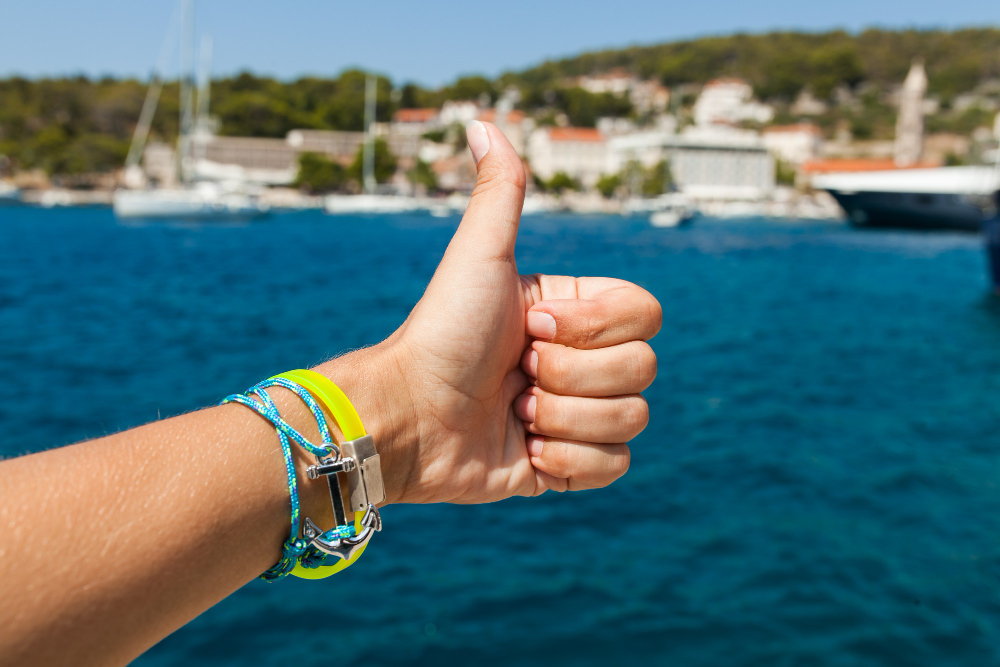The Balearic Islands continue to lead the way in addressing the challenges of growing tourism. Following the examples of Ibiza and Formentera, Mallorca is now also planning to limit the number of vehicles entering the island. This measure aims to improve the quality of life for residents and protect the fragile environment of the Mediterranean gem.
A Historic Step: Mallorca’s Path to Vehicle Regulation
Two months ago, Ibiza made headlines when it joined Formentera in imposing a tax on every tourist car or motorbike entering the island. Now, Mallorca is following suit and actively preparing for similar restrictions. Llorenç Galmés, the President of the Island Council, has announced that the draft bill to regulate vehicle entry into Mallorca will be presented in the coming days. This important step will be presented to the council groups on June 13 and then forwarded to the Mobility Commission.
The planned regulation aims to limit the number of vehicles without Balearic tax arriving on the island. Additionally, a cap will be introduced on the number of rental cars allowed to operate on Mallorca. The final adoption of this groundbreaking regulation will be up to the Parliament in the coming months. Galmés emphasized the urgency of this measure: In 2023 alone, almost 400,000 vehicles entered Mallorca via the island’s ports, an increase of 108% compared to 2017. The President of the Island Council has already held discussions with the affected sectors and expresses confidence in the support of transporters and most rental car associations.
Details of the New Regulation: Who is Affected?
Although the draft is not yet publicly available, initial details have been released. The Island Council will set the vehicle cap on an annual or semi-annual basis. Special attention will be paid to prioritizing electric and environmentally friendly vehicles.
Exempt from the restrictions are vehicles belonging to residents, vehicles for people with reduced mobility, emergency vehicles and security forces, as well as freight transport and commercial vehicles. An interesting exception applies to non-residents who own a home on the island: they are allowed to operate one vehicle per property on the island, as long as the vehicle is tax-registered at that home.
These measures differ slightly from the regulations on Ibiza and Formentera. There, taxes of one euro per day for driving a car or even nine euros per day on Formentera have already been approved. Formentera is the island that has applied these types of measures for the longest time, and its main goal is to limit the number of tourists arriving on its coasts. Mallorca’s strategy, however, appears to aim for a more comprehensive regulation of traffic volume to minimize the ecological footprint of tourism and relieve the island’s infrastructure.
Outlook: Sustainable Tourism as the Future of the Balearics
Mallorca’s initiative is a clear signal for more sustainable tourism development in the Balearic Islands. It shows that the islands are willing to take bold steps to protect their unique nature and the quality of life of their residents. These measures could set a precedent for other popular travel destinations facing similar challenges. They underscore the need to find a balance between economic interests and ecological responsibility.




